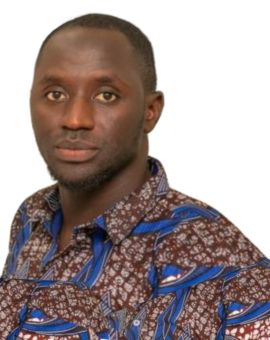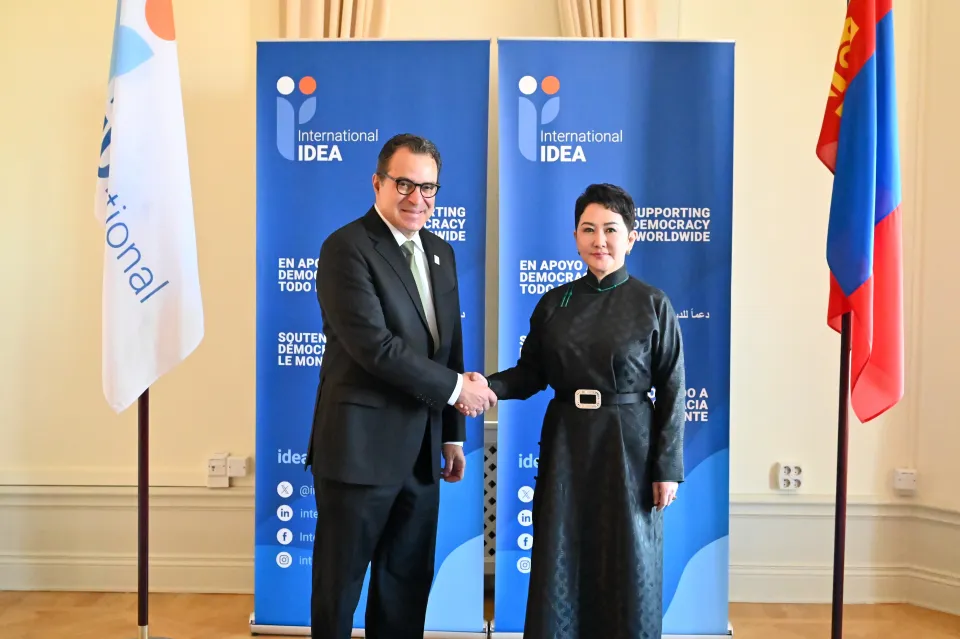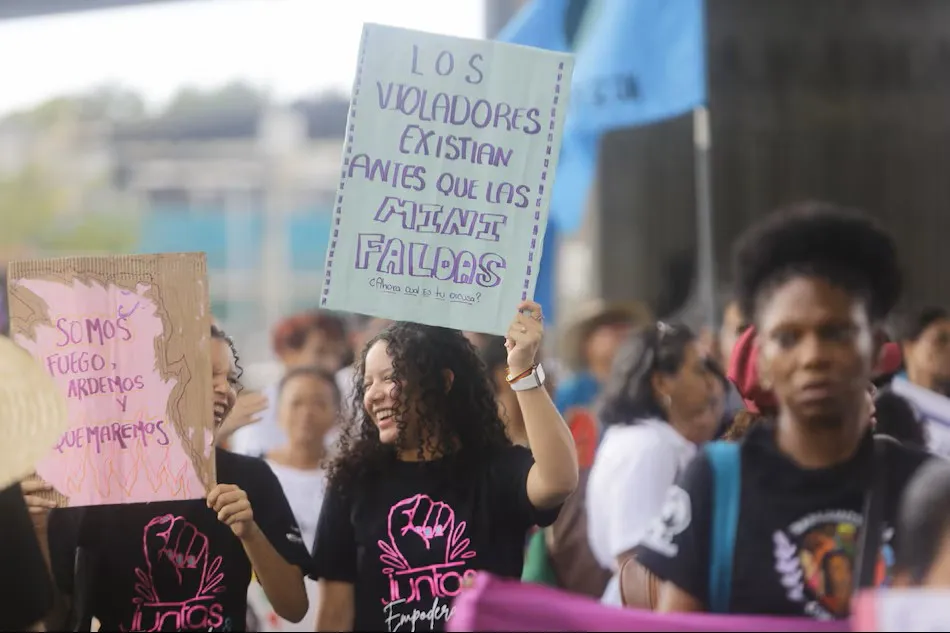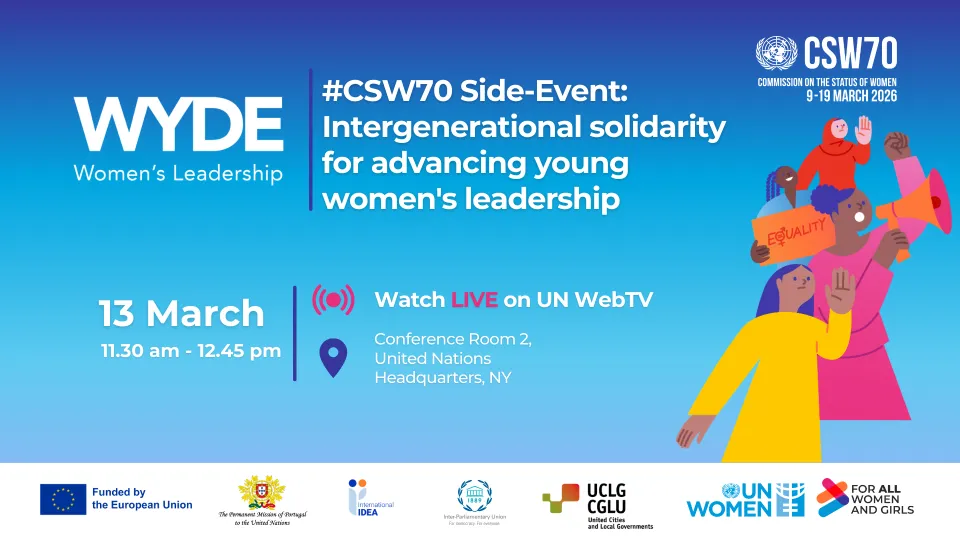International IDEA organizes the Fourth Annual Retreat for Special Envoys and High Representatives of Regional Economic Communities in Senegal
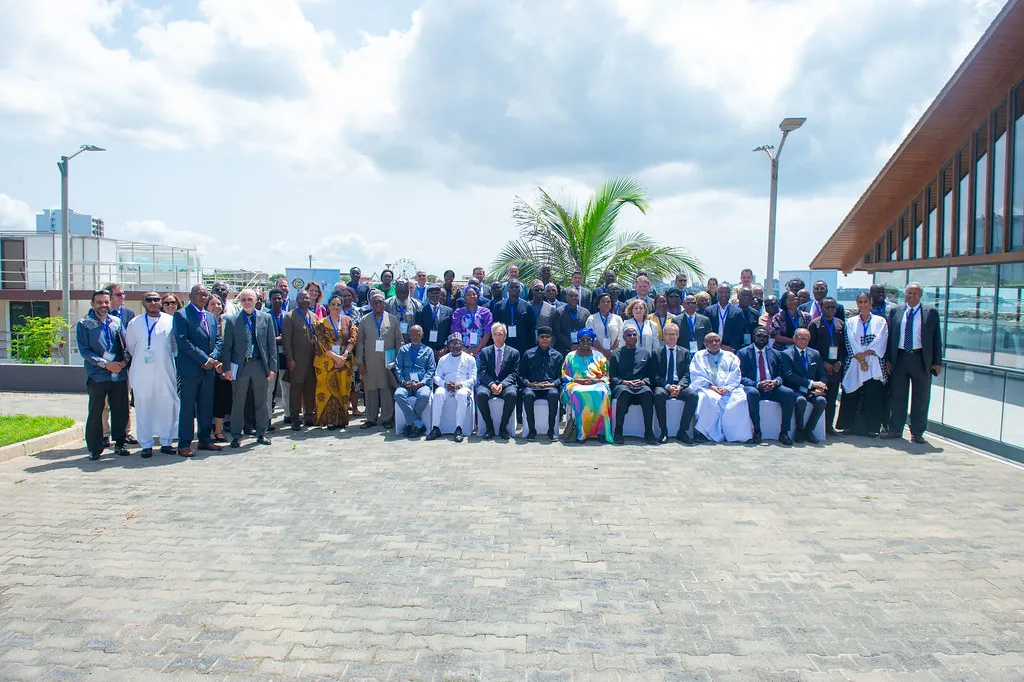
The main objective of the Retreat, which gathered around a hundred participants, was to take stock of the impact of geopolitics, in particular the crisis of multilateralism and how this is affecting the work of RECs in addressing transitions and conflicts in their member states, as well as how attitudes and dynamics have changed since the Third Annual Retreat. The Fourth Retreat, therefore, focused on the theme of ‘Changing Global Dynamic and the Future of Regional Mediation towards Peaceful, Constitutional and Democratic Governance in Africa’.
In terms of outcomes, the Retreat provided a unique platform for bringing together key stakeholders engaged in transitions across fragile and conflict-affected settings. It also contributed to International IDEA’s strategic realignment of its initiatives toward a more regional approach through thoughtful and considerate engagement with RECs and regional mechanisms, while ramping up country support to selected coastal maritime states. In that regard, International IDEA plans to support efforts to reposition MISAHEL as a central hub for Sahel stabilization, fostering proactive and coordinated responses over reactive crisis management.
International IDEA is grateful to the European Union and the Government of Switzerland which expressed their interest in supporting the next editions of the Retreat, alongside core support from the Government of the Kingdom of the Netherlands, enabling the sustainability of the platform and ensuring the continuity of engagement among stakeholders involved in transitions across fragile and conflict-affected settings.
Key recommendations
Key recommendations from the Retreat include:
- For RECs and their Mediators:
• Renew commitment to democratic norms and frameworks.
• Reconsider reliance on state sanctions and military solutions.
• Adopt a comprehensive approach to mediation that goes beyond institutional challenges to address the root causes of crises - particularly extreme poverty, youth unemployment and disenchantment, the marginalization and exclusion of women, and the lack of socio-economic development opportunities.
• Develop cross-border mediation processes initiatives aimed at resolving disputes that span national borders, such as resource conflicts, territorial disagreements, ethnic tensions, and pastoralist mobility issues. They could build on traditional African conflict resolution practices, emphasizing dialogue, inclusivity, and interconnectedness, while addressing modern challenges like climate change, terrorism, and economic interdependence.
• Empower the youth and women as critical actors in stabilization, governance and development in fragile and conflict-affected settings. - For international partners:
• Remain engaged with fragile and conflict-affected African countries by fostering inclusive dialogues and consensus-building mechanisms at national and regional levels that respects sovereignty, the rule of law and human rights.
• Prioritize Africa-led processes with coordinated diplomatic and financial backing.
• Increase efforts towards strengthening capacities of RECs and regional mechanisms, as well as their mediators and special envoys, as key pillars of the African Peace and Security Architecture (APSA) and the African Governance Architecture (AGA).
• Leverage minilateral and tiered mechanisms (such as like-minded countries, friends and contact groups, and troikas) to bridge geopolitical divides and facilitate information sharing and incremental gains towards crisis resolution.
• Promote inclusive and participatory mediation with an emphasis on women and communities.
Read the final report of the event: Outcome Report - Fourth Annual Retreat for Special Envoys and High Representatives of the Regional Economic Communities (RECs)
Lire le rapport final de l'événement : Rapport final - Quatrième retraite annuelle des hauts représentants et envoyés spéciaux des Communautés économiques régionales (CER)
